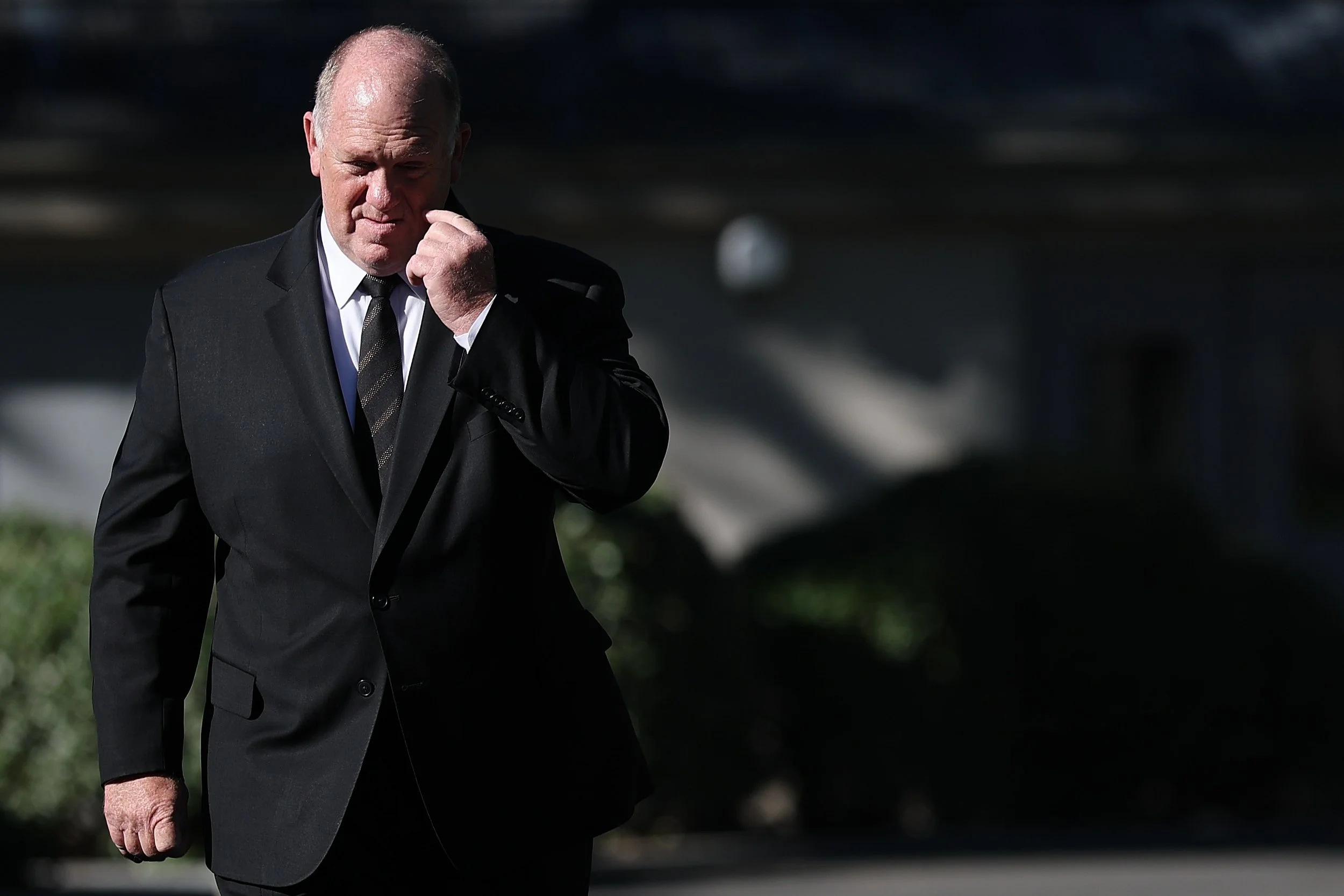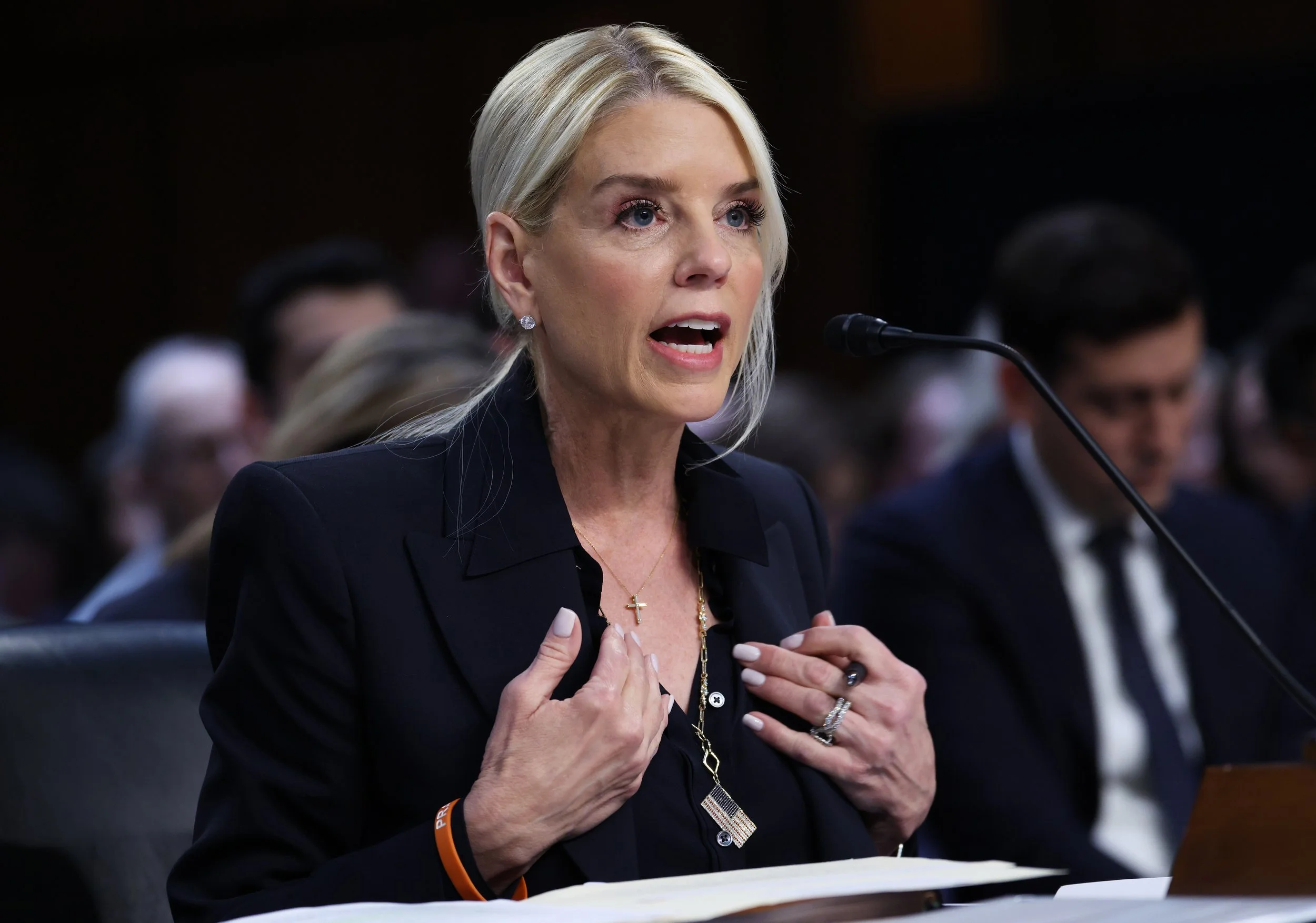Senate GOP Makes Final Push To Pass Trump’s “Big Beautiful Bill”
Senate Republicans are racing to pass President Trump’s sweeping tax cut and domestic spending bill, dubbed the “One Big Beautiful Bill Act,” before the self-imposed July 4 deadline. A vote to pass the bill is expected to reach the Senate floor tonight or early tomorrow morning. Four no votes would kill the bill. As of now, it appears there are three Republicans opposed to the measure (Sens. Thom Tillis (R-NC), Rand Paul (R-KY) and Susan Collins (R-ME).
A House vote on the amended bill could come as early as Wednesday, but the key question remains whether Republicans there have the votes this time around. Another version passed in late May only made it through by one vote — and this version is much more expensive and retains some controversial measures.
INSIDE THE DEBATE
The Senate bill cleared a key procedural vote over the weekend, 51-49, after GOP leaders struck deals with skeptical senators — including making changes to Medicaid cuts, energy tax credits, AI regulation, and the state and local tax (SALT) deduction cap.
Senators Tillis and Paul voted with Democrats to block consideration of the bill, citing concerns over Medicaid cuts and rising deficits.
According to the nonpartisan Congressional Budget Office, the bill would result in nearly 12 million more uninsured Americans by 2034 and add $3.3 trillion to the federal deficit over the next decade.
The bill includes hundreds of provisions that are now being voted on during the Senate’s "vote-a-rama" — when senators can propose an unlimited number of amendments and force the chamber to cast vote after vote. It’s expected to go on for hours ☕️
Here’s a New York Times breakdown of what’s in the bill.
WHAT’S COME & GONE
At the center of the bill is extending Trump's 2017 Tax Cuts and Jobs Act. There are also new work requirements for some able-bodied adults who receive Medicaid and SNAP food stamps.
Some of the hundreds of proposed changes include:
Food stamps: States would need to cover more of the cost of food stamps, currently funded by the federal government, with some exceptions.
Debt ceiling: The bill would raise the debt ceiling by $5 trillion — surpassing the $4 trillion max outlined in the House-passed version.
Medicaid: There are now deeper Medicaid cuts. States pay Medicaid bills by taxing providers like hospitals. Now, the bill gradually lowers the allowable provider tax rate from 6% to 3.5% by 2032 — a move meant to draw down federal matching funds that is expected to result in less money for states.
More than 70 million low-income Americans are on Medicaid. The bill includes a $25 billion Rural Hospital Stabilization Fund, to help areas expected to be hit by fewer Medicaid dollars coming into their hospitals as work requirements and other measures will mean more uninsured Americans.
Energy: The bill still goes after Biden-era clean energy tax credits, and also adds an additional tax on wind and solar projects that would increase consumer energy prices 8-10% and tax clean energy businesses an additional $4-$7 billion by 2036.
SALT: The package reverts the increased cap on the state and local tax (SALT) deduction back to $10,000, from $40,000, for five years — a big issue for House Republicans in Blue states like New York.
Tax on tips: It places income limits on the tax exemption for tips.
Immigration: The House bill had a $1,000 asylum application fee, which would now be a $100 minimum.
AI: Senate Republicans also halved a proposed 10-year moratorium on state-level artificial intelligence (AI) regulations for states receiving money from a $500 million federal AI infrastructure fund, reducing the ban to five years.
After (if) the new version passes in the Senate, the House is expected to take up the updated bill for a second vote soon after. House Republicans can only lose a handful of votes if they want to pass it on to President Trump before the July 4th holiday.
But hurdles remain: The House Freedom Caucus says the Senate bill is “not what we agreed to.” Rep. Marjorie Taylor Greene (R-GA) has said the AI provision must be removed or she will vote no. And the big price tag — the sticking point last time — is even higher now. Buckle up.














